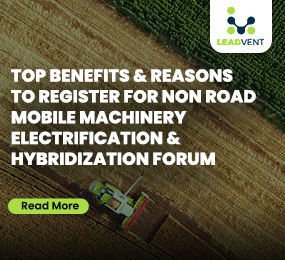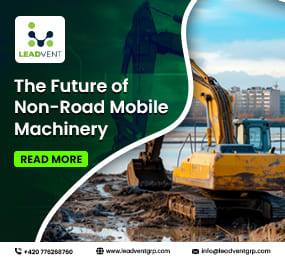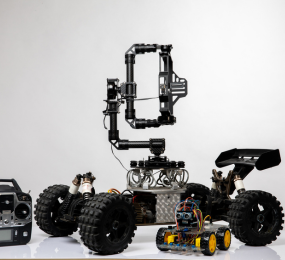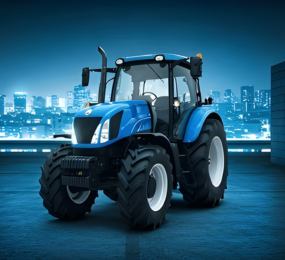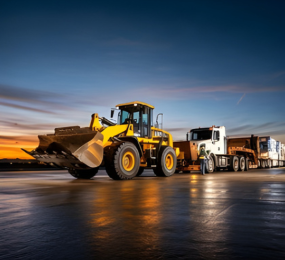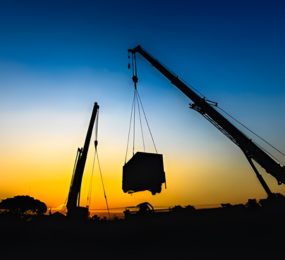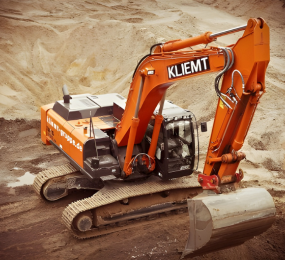Powering Progress: Electrification and Decarbonization of Non-Road Mobile Machinery
In the global drive toward decarbonization, much attention has been given to electric vehicles, renewable energy, and sustainable transport. But behind the scenes, there’s a critical sector finally getting its moment in the spotlight: Non-Road Mobile Machinery (NRMM).
These are the machines that rarely make the news but play an essential role in shaping our built environment and supporting key industries. From construction excavators and mining trucks to agricultural harvesters and airport ground vehicles, NRMM is indispensable. Yet, traditionally powered by diesel engines, this machinery contributes significantly to local air pollution, carbon emissions, and noise pollution.
The good news? Change is underway.
Why NRMM Matters in the Climate Conversation
NRMM may not be as visible as road vehicles, but its impact is sizable. In some urban areas, NRMM accounts for up to 30% of particulate matter and nitrogen oxide emissions. These machines often operate in densely populated environments construction sites, city centers, ports where their environmental footprint directly affects air quality and public health.
Electrifying this sector is not just an environmental imperative; it’s a public health and quality-of-life issue.
Technology and Innovation on the Move
Battery technology is improving rapidly. What once seemed technically unfeasible powering heavy-duty equipment with electricity is now becoming commercially viable. Manufacturers are introducing electric excavators, compact loaders, and forklifts capable of running full shifts with zero tailpipe emissions.
Electric machinery also brings operational benefits: less noise, fewer moving parts (which means lower maintenance), and, in many cases, reduced operating costs over time. Cities like Oslo and Amsterdam are already piloting zero-emission construction zones. Airports and logistics hubs are turning to electric ground support equipment to lower their carbon footprint.
Barriers to Scale But Not to Progress
Admittedly, electrification is not a plug-and-play solution for every site or machine. Larger equipment still requires high power outputs that battery systems are just beginning to address. Remote sites may lack charging infrastructure. And upfront investment costs can be daunting, especially for smaller operators.
But collaboration is driving progress. Governments are introducing low-emission zones and green procurement policies. Industry players are partnering to develop modular charging solutions for off-grid applications. Financial incentives and subsidies are helping bridge the cost gap, while carbon-conscious investors are increasingly asking tough questions about diesel reliance in industrial operations.
Takeaway Point:
Electrifying and decarbonizing non-road mobile machinery is no longer a niche conversation it’s a necessary evolution in the global transition to cleaner industry. By focusing on this often-overlooked sector, we can significantly cut emissions, improve urban air quality, and build a more sustainable, forward-looking economy. Learn more on our website: https://www.leadventgrp.com/event/2nd-annual-non-road-mobile-machinery-electrification-and-decarbonization-forum/register
For more information and group participation, contact us: [email protected] .
Leadvent Group - Industry Leading Events for Business Leaders! www.leadventgrp.com | [email protected]


